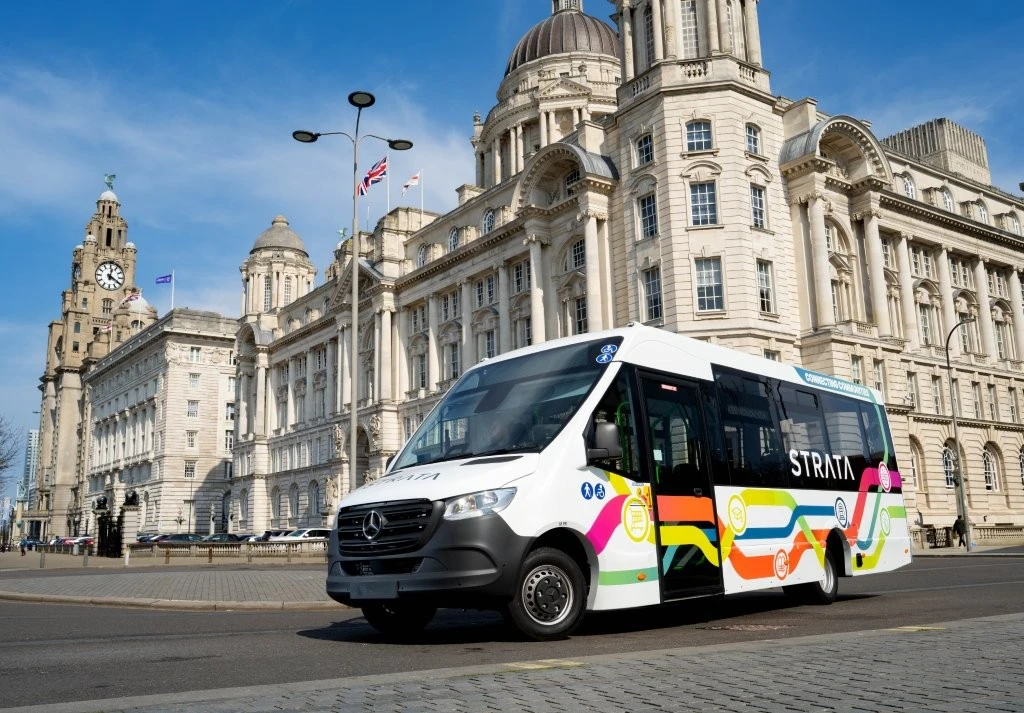A Guide to DVS Permits and Applications

A Guide to DVS Permits and Applications
The Direct Vision Standard (DVS) is a safety initiative designed to reduce road danger in London. As part of this initiative, all heavy goods vehicles (HGVs) over 12 tonnes, including those from outside of the UK, are required to have a DVS permit to operate in Greater London. If you're an operator or driver of an HGV, it's important to understand the DVS permit requirements and the application process. This guide will walk you through everything you need to know about DVS permits and how to apply for one.
What is a DVS permit?
A DVS permit is confirmation of a vehicle achieving 1 star or better, and that star rating for HGVs is based on the driver's direct view through the windows of their cab, as opposed to mirrors or cameras. The DVS rating is measured on a star system, with zero stars being the lowest and five stars being the highest. To operate in London, HGVs need to meet a minimum one-star rating. Vehicles that don't meet the required DVS rating will need to improve their vehicle safety through Safe System improvements.
Why Apply for a DVS Permit?
Applying for a DVS permit is not just about compliance, it's about contributing to road safety. The DVS scheme aims to reduce road accidents involving HGVs and vulnerable road users such as pedestrians and cyclists. By ensuring your vehicle meets the required DVS rating, you're playing a part in making London's roads safer.

The DVS Permit Application Process
Understanding the application process for a DVS permit is crucial to ensure your HGV can legally operate in London. Here's a more detailed look at the steps involved:
Check Your Vehicle's DVS Rating: First, you'll need to determine your vehicle's DVS star rating. This rating system is based on how much a driver can see directly from their cab without the use of mirrors or cameras. Visit the Transport for London (TfL) website and input your vehicle's details to find its DVS rating. If your vehicle achieves a star rating of one or more, it meets the minimum DVS standard and you can proceed to apply for a permit.
Make Safety Improvements If Required: If your vehicle doesn't meet the minimum one-star rating, you'll need to implement Safe System measures to improve its safety. The Safe System is a set of vehicle improvements that include fitting additional mirrors, cameras, and sensors to enhance direct and indirect vision; audible warnings to make nearby road users aware of the vehicle's manoeuvres, minimising the vehicle's under-run risks, and ensuring the driver has a fully operational window on the passenger side door.
Gather the Necessary Information: Before you start the application process, make sure you have all the required information handy. This includes your vehicle registration mark (VRM), the vehicle make, model, and body type, and details of any Safe System measures you've installed, including supporting photographic evidence.
Apply Online: Once your vehicle meets the required standards, you can apply for a DVS permit online on the TfL website. The application form is straightforward and should take approximately 10 minutes per vehicle to complete. You'll need to fill in the details of your vehicle and any Safe System improvements you've made. If you're applying for multiple vehicles, you can upload a CSV file with all the required information.
Wait for Approval: After you've submitted your application, it will be reviewed by TfL. If your application is successful, you'll receive an email confirmation with your DVS permit. The permit is virtual, so there's no physical permit to display on your vehicle. Be aware that the review process can take up to 28 days, so it's recommended to apply well in advance of when you need the permit.
Regularly Check Your Permit Status: It's important to keep your permit status up to date. If you make any changes to your vehicle that might affect its DVS rating or Safe System, you'll need to inform TfL and might have to reapply for a permit.
Remember, failure to hold a valid permit for an HGV over 12 tonnes driven in Greater London can result in a penalty charge notice. Therefore, understanding and correctly following the DVS permit application process is crucial for HGV operators.
Navigating the DVS permit application process may seem daunting, but it's a critical step toward ensuring the safety of London's roads. With the right information and preparation, you can smoothly go through the process and secure your DVS permit. Remember, the DVS scheme isn't just about compliance; it's an opportunity to contribute to a safer road environment for all users.
Need your vehicles or fleet up to DVS spec? You need to contact Sentinel Systems today.


.png)
